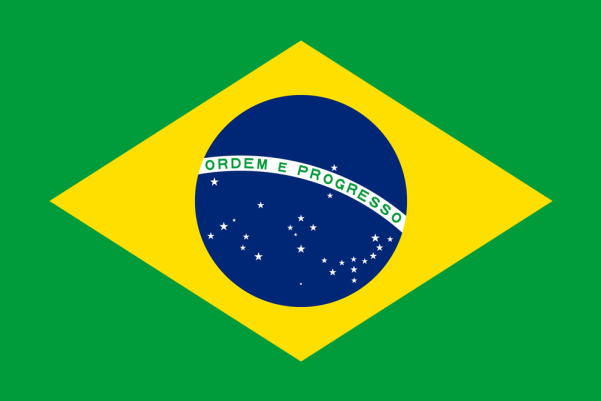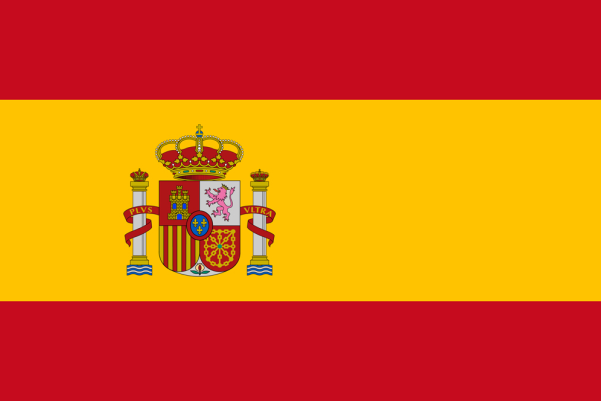Mother’s Day is approaching in Brazil, a special day which we set aside to spend with our families and, in particular, our beloved mothers. But have you ever wondered if this celebration is on the same day in England and if it is commemorated in the same way?
 Actually, there are some interesting historical differences. It is believed that the first country to specifically celebrate Mother’s Day was indeed England; but having said that, there are also suggestions that, in Ancient Greece, there was a celebration to honour the arrival of Spring, conducted in the name of the Goddess Rhea, the mother of the Gods, and this tradition was continued with festivals in honour of Cybele, also known as Magna Mater (Great Mother). The Roman Empire kept the celebration alive, but with the influence of Christianity, the commemoration gradually migrated to the fourth Sunday of Lent, in honour of the Virgin Mary and the Mother-Church.
Actually, there are some interesting historical differences. It is believed that the first country to specifically celebrate Mother’s Day was indeed England; but having said that, there are also suggestions that, in Ancient Greece, there was a celebration to honour the arrival of Spring, conducted in the name of the Goddess Rhea, the mother of the Gods, and this tradition was continued with festivals in honour of Cybele, also known as Magna Mater (Great Mother). The Roman Empire kept the celebration alive, but with the influence of Christianity, the commemoration gradually migrated to the fourth Sunday of Lent, in honour of the Virgin Mary and the Mother-Church.
In around the 17th century, the day’s celebration was officialised in England. At the time, many people worked far from home, so it was agreed that, on the fourth Sunday of Lent, workers would be allowed to return to their home churches; this process was known as the ‘a-mothering’. Workers used the day off to visit their mothers and families and, along the way, picked flowers to give as gifts to their mothers after attending mass.
 Another important present, associated with the date since the medieval ages, is Simnel Cake, made with dried fruit and nuts. Eleven marzipan balls (a sweet made from almond, sugar and egg-yolk) are placed on top of the cake, representing Jesus’ apostles, except Judas. The cake’s advantage was that it could be prepared in advance and lasted the whole journey, arriving in perfect condition. With time, the day’s religious overtones have been lost, but the English habit of giving flowers and cake to our mothers persists.
Another important present, associated with the date since the medieval ages, is Simnel Cake, made with dried fruit and nuts. Eleven marzipan balls (a sweet made from almond, sugar and egg-yolk) are placed on top of the cake, representing Jesus’ apostles, except Judas. The cake’s advantage was that it could be prepared in advance and lasted the whole journey, arriving in perfect condition. With time, the day’s religious overtones have been lost, but the English habit of giving flowers and cake to our mothers persists.
In Brazil, Mother’s Day was more influenced by North-American traditions: Anna Jarvins, in 1907, turned her mother’s idea, of recognising mothers who had lost their sons in the war, into reality. Jarvins, in recognition of her own mother, battled to have the second Sunday of May turned into a national holiday. In 1914 the date was officially declared a national holiday by the United States Congress.
On 12 May 1918, the Porto Alegre YMCA brought the American tradition to Brazil, and in 1932 the date was made official by Getúlio Vargas. On the same day, the Virgin Mary is paid homage to, and in 1947 the date was included in the Catholic calendar. Brazilians usually buy presents for their mothers and have lunch together as a family.
Irrespective of the way it is commemorated, on which day or what kind of presents are given, Mother’s Day is a time for showing love and fondness, affection and unity; most importantly, despite its only being on one day of the year, we all know deep down that, really, every day is Mother’s Day, don’t we?

















